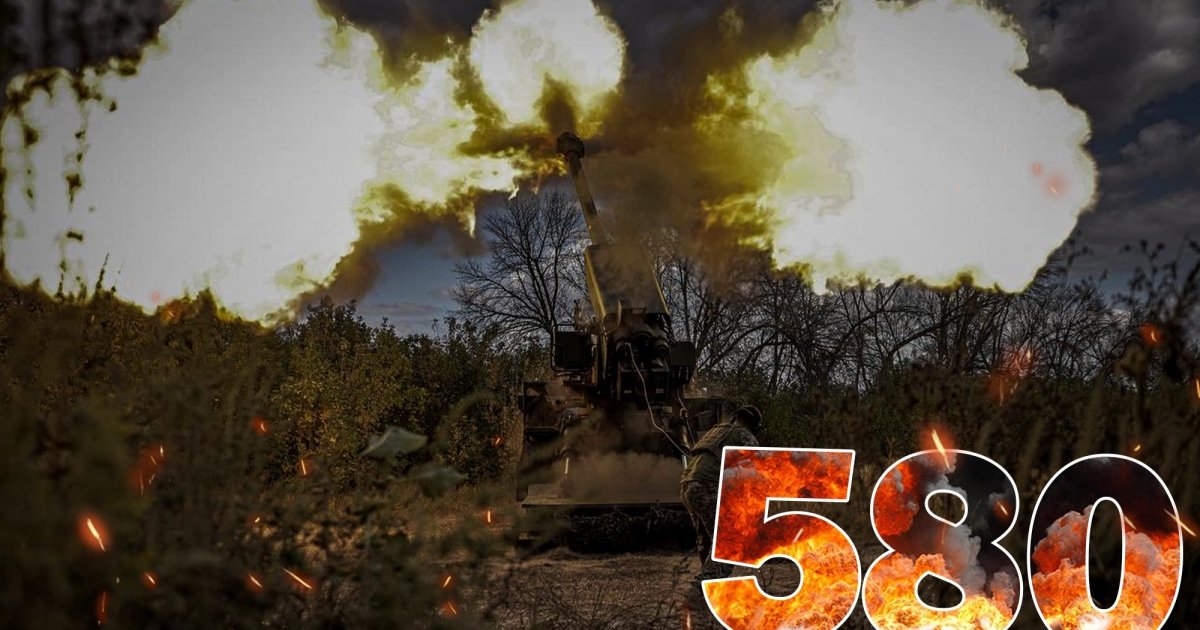Innsbruck (OTS) – These are extremely extraordinary times when a massive wage demand of plus 11.6 percent is perceived by metal workers as surprisingly “moderate”. And yet this wage round will be more than just difficult.
Most of the employer negotiators were probably pleasantly surprised at the unions’ package of demands at the start of the Metaller Round yesterday, even if they would hardly admit it publicly. There was no call for a reduction in working hours (certainly not towards 32 hours) in times of an ever-increasing labor shortage. And even the demand for an increase in wages and salaries still seemed somewhat reserved. Some people had probably even expected 14 or 15 percent instead of the 11.6 percent actually required. The chief negotiator of the PRO-GE union, Reinhold Binder, said at the shakehands with his counterpart on the employers’ side, FMTI chairman Knill: “Here’s to fair negotiations in difficult times, but we both know what responsibility we bear.”
The union may have surprised some employers yesterday with its pro-state tones, but this wage round won’t be any easier. The inflation bar for the last twelve months is 9.6 percent, and trade unionists will probably never agree to a figure below that. The target will even be closer to 10 percent or, not least for optical reasons, slightly above that.
From the perspective of employees, the desire for high qualifications is understandable because they are struggling with the consequences of massive inflation. But entrepreneurs have that too. And at the same time, the economic situation has darkened considerably, and Austria is heading straight for a recession.
With the employees and the entrepreneurs, there are two sides in the negotiating ring, neither of which, as with the Corona lockdowns, were the trigger for the increase in costs. In the first year of the pandemic, 2020, employers and unions presented a lightning wage agreement to the extent of inflation (at that time only 1.45 percent). Because Corona was a global problem, the economy was able to cope well thanks to massive government intervention.
Now the situation is far more dangerous. When it comes to inflation, Austria is significantly higher than many competing countries. As in the previous year, the companies and the location in Austria are losing ground when personnel and other costs increase faster than elsewhere. It would be nice if the social partnership, which some have declared dead, would pull together more this year instead of escalating. But politicians are even more required to curb inflation even more vigorously. The numbers prove it: it has been pretty unsuccessful so far.
Questions & Contact:
Tiroler Tageszeitung
0512 5354 5101
editor-in-chief@tt.com


